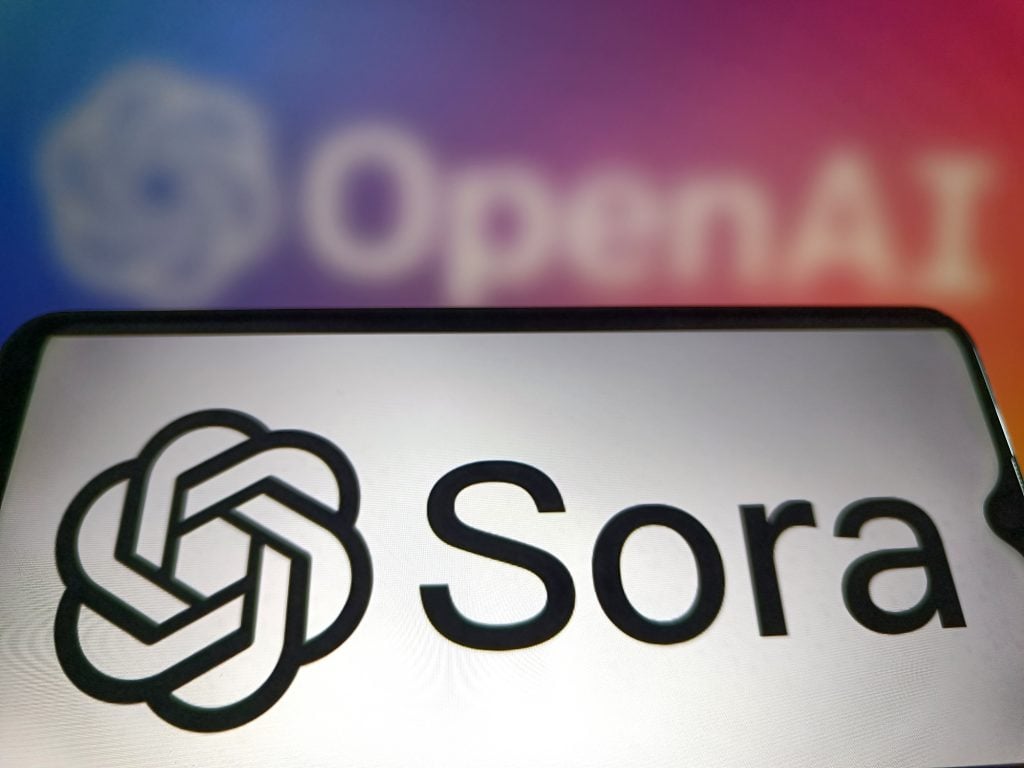Art & Tech
U.K. Could Grant Artists ‘Right to Personality’ in New A.I. Regulation Review
Legislators are under pressure to modernize copyright law as new generative A.I. tools continue to be released.

Legislators are under pressure to modernize copyright law as new generative A.I. tools continue to be released.

Jo Lawson-Tancred

The U.K. government is considering drafting new protections to safeguard artists from generative A.I. models that mimic their unique styles or likenesses, a measure being considered as a “right to personality.” Expected within two years, these regulations aim to address the growing clash between creative industries and A.I. developers over the use of copyrighted material in training algorithms, as debates over intellectual property rights intensify worldwide.
On Tuesday, ministers will begin a consultation on updating copyright rules for content used to train A.I. models. It follows the release of OpenAI’s Sora text-to-video generation tool to the general public on December 16, allowing users to generate videos of up to 20 seconds from just a short written prompt.
Artists and creators have already raised concerns about Sora, especially about how its model is trained. Last month, ahead of the launch, a group of artists who had received early access to test Sora, leaked its code and released a open letter criticizing OpenAI’s use of artists to “art wash” its image by presenting the tool as helpful to artists, rather than exploitative of their work.
“We are sharing this to the world in the hopes that OpenAI becomes more open, more artist friendly and supports the arts beyond PR stunts,” the artists said, urging people to use open-source software instead of proprietary platforms like those of OpenAI.
According to a report in the Financial Times, the U.K.’s new protections for artists would include the development of what has been termed a “rights reservation” mechanism. This would provide creators with the option to either license their copyrighted material to A.I. developers in return for some kind of compensation or to exempt their material from being used as training data entirely.
It is not clear how this mechanism would work in practice, but U.K. ministers involved in the consultation are allegedly keen to ensure that creators are not disadvantaged by choosing not to license their copyrighted material, for example by being made less visible online.
The ministers have been cautious not to use the term “opt out” after previous plans unveiled in October proved highly controversial among leaders in the creative industries. An “opt out” model would have aligned with the E.U.’s approach for its A.I Act but, according to the FT, some media executives in the U.K. believed the government was bowing to the demands of A.I. developers at the expense of supporting its £125 billion ($158 billion) creative sector.
Just a month prior, in September, Google warned in a lobbying document that the U.K. should allow the mining of data “for both commercial and research purposes” if it wanted to remain “a competitive place to develop and train A.I. models in the future.”
The latest plans, proposed by the new Labour government elected in July, suggest a reversal in fortunes for artists since 2023, when the previous Conservative government was still in power. Early that year, it had proposed an exemption in copyright laws that would allow A.I. developers to freely use copyrighted material for training purposes. This lenient approach would have supported plans to make the country a “global superpower in A.I.” by 2020. However, the previous government retracted the proposal after it faced considerable backlash.
Within the last year, artists around the world have mounted resistance to A.I. developers using whatever means at their disposal, whether class action lawsuits or more guerrilla methods, to protect their intellectual property from being used to train generative models like OpenAI’s DALL-E and Sora. Decades-old copyright legislation varies by region but is generally too outdated to be reliably applied to the new challenges presented by generative A.I. This has left both A.I. developers and artists in a state of uncertainty.